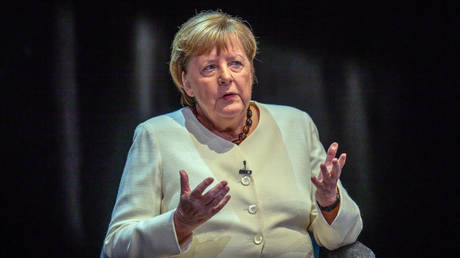ARTICLE AD BOX
Gen Z is facing "the equivalent of a midlife crisis" and they are becoming less happy than older generations, a global study has revealed. The World Happiness Report, which was released on Wednesday, revealed that United States is out of the top 20 happiest countries, falling to 23rd place. It also said that young people under the age of 30 now rank 62nd out of 143 countries for happiness, while US adults age 60 and above are ranked 10th. This particular statistic has caused concern among healthcare experts, with America's top surgeon general Dr Vivek Murthy blaming social media for it.
"Allowing children to use social media is like giving them medicine that is not proven to be safe," Dr Murthy told The Guardia. He added that the failure of governments to regulate social media was "insane".
The doctor said that adolescents in the US were spending nearly five hours a day on social media and a third were staying up until midnight on week nights on their devices. He called for legislation "now" to reduce harms to young people from social media including limiting or eliminating features such as like buttons and infinite scrolling.
The World Happiness report is an annual barometre of well-being in 140 countries that is coordinated by Oxford University's Wellbeing Research Centre, Gallup and the UN Sustainable Development Solutions Network.
For over a decade, it had shown that younger people were happier than their elders. But this switched in 2017 and by 2024, the US is out of the top 20 list of happiest nations.
Professor Jan-Emmanuel De Neve, director of the Wellbeing Research Centre and editor of the study, said the report showed "disconcerting drops in youth happiness, especially in North America and Western Europe".
"To think that in some parts of the world children are already experiencing the equivalent of a midlife crisis, demands immediate policy action," he added.
British people under 30 ranked 32nd in the rankings, behind nations such as Moldova, Kosovo and even El Salvador.
.png)
 8 months ago
8
8 months ago
8








 English (US)
English (US)